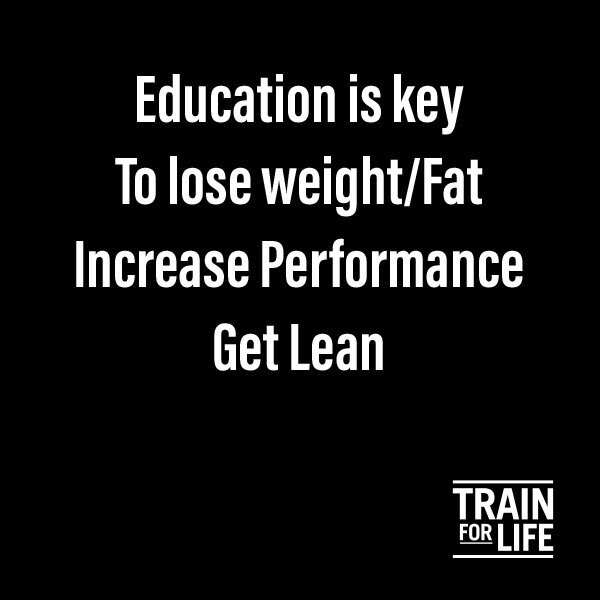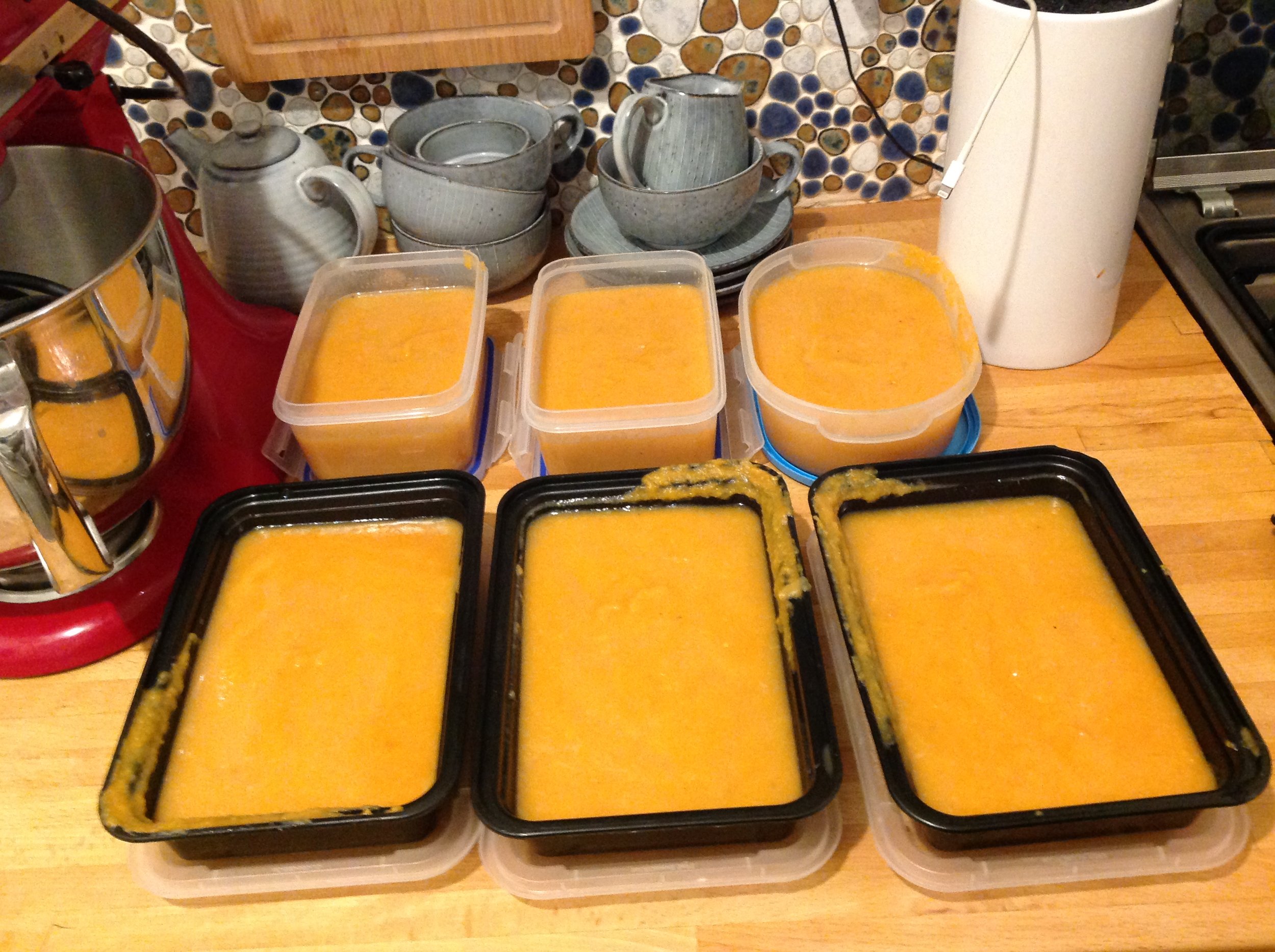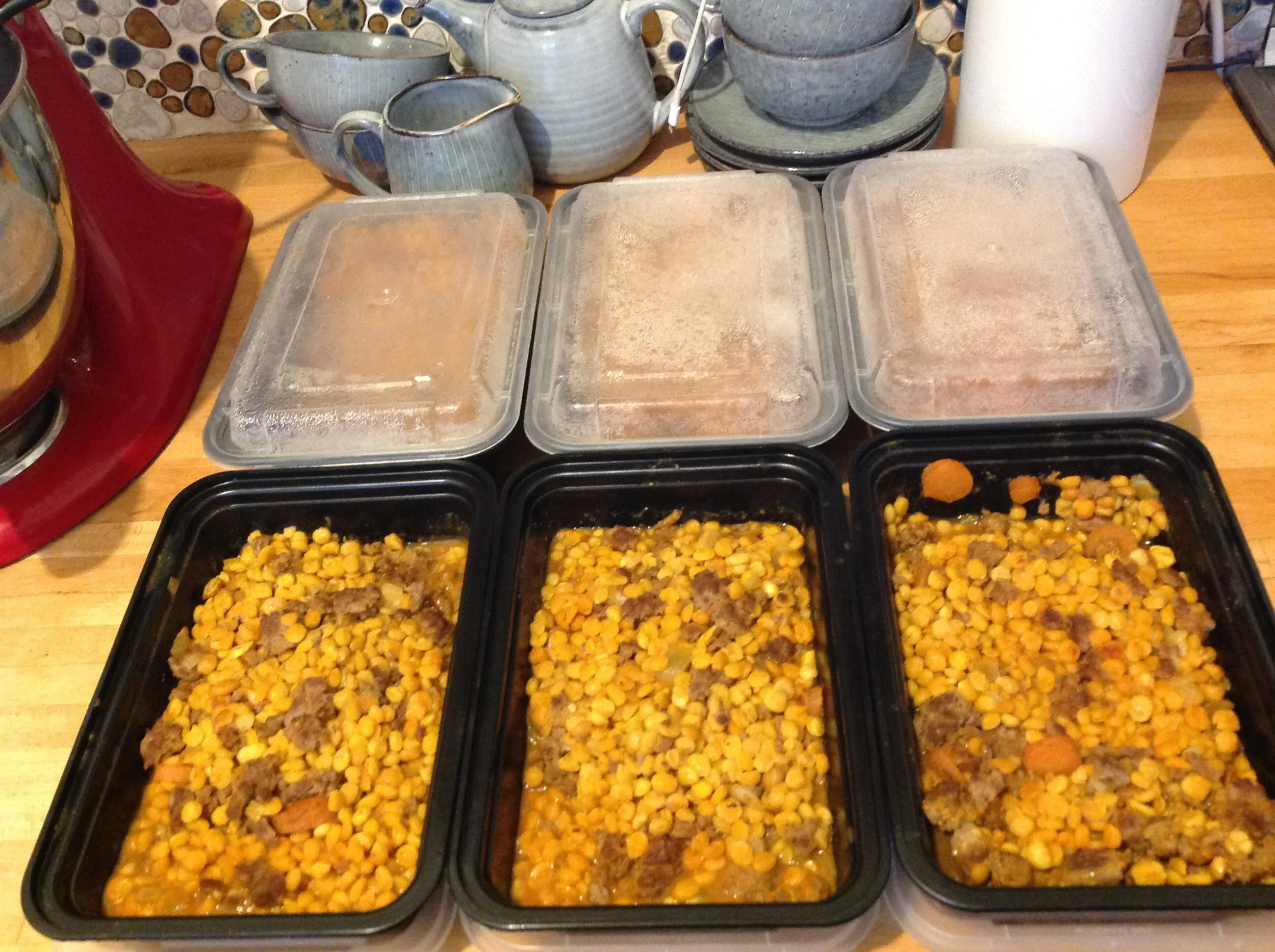Education is key!
To lose weight/Fat.
Increase Performance.
Get Lean.
Talking about Nutrition, the truth is that we have access to a lot of information but, it is so confusing. I have been in the Health and Fitness industry for over a decade and find it difficult to have straight, simple answers to nutrition related questions or issues.
Why?
Interests must be the answer! Those who have an agenda, sell diets, the ultimate fads...and one of the best way to sell a product is to market it and create an environment of chaos where the confusion reigns.
Have you realised that there are no or few adverts for the benefits of broccoli (unless organic), or intermittent Fasting...why is that?
Broccoli is cheap and raw, you don’t make a lot of money out of broccoli, you do out of potato chips=crisps
Intermittent Fasting/time restricted feeding (12-20 hours without food) doesn’t sell either! Nobody makes money if you don’t eat!!
Is intermittent fasting Unhealthy?? How many times we have spent part of the day without eating because we were Too busy? It happened to all of us with no health consequences. Now it is true that like anything else, if you want to embark on that path, you need to do it gradually and see if it works for you.
Education means to learn the basics of Nutrition and get to make an educated decision on what works for You.
Yes for You, because what works for you won’t/ may not work for your neighbour.
My own Nutritional education has been cemented by what I have been taught, what I have read, researched, mainly through listening to Nutrition experts and scientists podcasts and what I have experienced myself or seen first hand with clients, friends acquaintances.
What I was taught is important because it comes from an official source! Nevertheless, the information is often out of date and heavily influenced by “interests”...the way we feed nowadays is a clear demonstration that the environment we live in makes it difficult to eat healthily...
What I have read/am reading, listening provide me more up to date datas. But yet again, the information is conflicting, scientists will actually disagree on the same subjects and leave you wondering what to do!
Finally, experience is a reminder that there is NO One Size Fit All, you need to try.
This last point is where the good Nutritionists, the Elite in the world of Nutrition coincide. When they work with someone, they first guess then adapt their nutritional advice depending on how the person react. They do not promote a diet to all their clients, they instead work with them to identify what suit them best.
”The Best Diet is the one you follow!”
Train For Life approach follows the following steps
1 Education: What do you know about Nutrition?
2 Environment: Your Lifestyle, are you single, live with partner, kids…
3 Who are you? Gender, age, cooking skills…
4 Where are you now? Life stressors, are you coming out from any kind of diet…
5 Goals that align to lifelong gains: Not just immediate results that lead to a weight regain, instead the focus is on creating healthy relationships with food.
You want to know more, get in touch and try our Nutrition £100 Basic Nutrition Package.





















